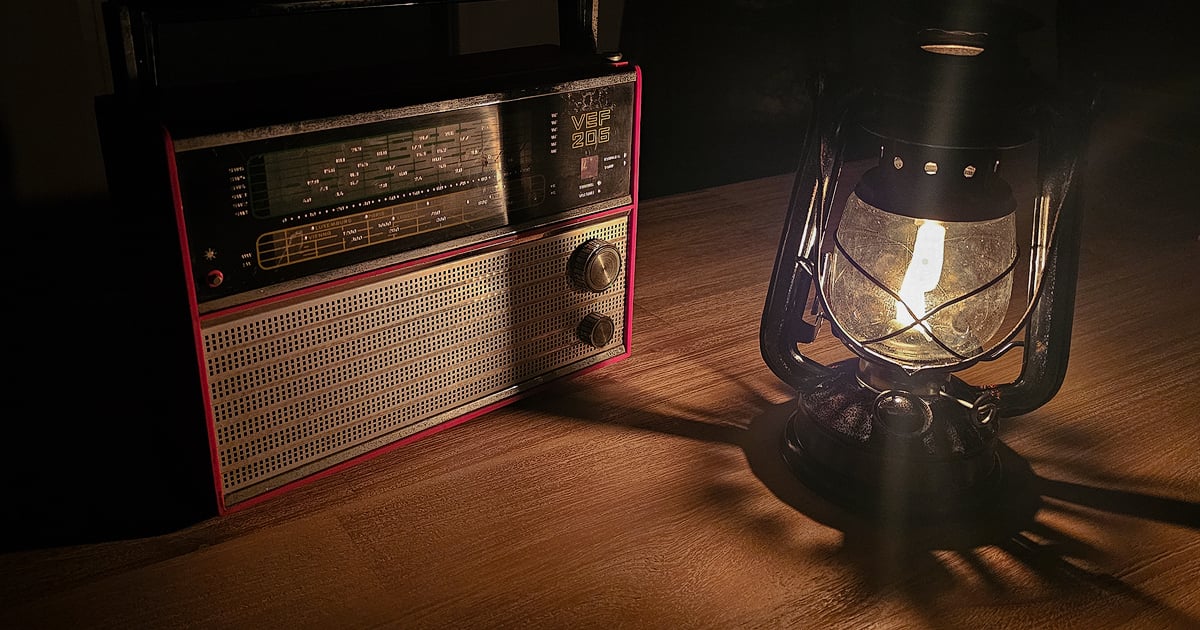Recently, the city of Matanzas experienced a blackout that plunged not only its streets into darkness but also disrupted its radio and television broadcasts. Both Radio 26 and TV Yumurí, the local broadcasting stations, went off the air due to technical issues with the generator responsible for powering their signals.
The official statement explained, "Due to energy shortages and challenges associated with the generator supplying power to Radio 26 and TV Yumurí, both stations have been unable to broadcast. We apologize to viewers who can access this service in areas supported by special circuits."
The Cuban populace was quick to respond, delivering direct and historically charged messages that challenged the official narrative by highlighting the roots of the energy crisis and the subsequent information blackout. "Radio Rebelde broadcasted clandestinely from the Sierra Maestra, overcoming numerous obstacles, if I remember correctly, back in 1958. It's distressing to see Matanzas in 2025 facing such a dire situation," commented one resident.
This comparison drew significant attention. Over six decades ago, guerrilla fighters managed to keep a clandestine radio station operational from the mountains, yet today, the Cuban government struggles to maintain a state-run television channel in the heart of a city.
Particularly controversial was the phrase "areas supported by special circuits," which sparked heated debates on social media. Many questioned why only a select few were granted access to information during blackouts. "At least they clarified that the apologies were for viewers in special circuit areas. Hats off to whoever wrote that note," remarked a reader of the state-run media.
Another user expressed frustration, "Why bother with these programs if no one can listen? We're in the dark, and they apologize only to those in special circuits, leaving the rest of us to suffer. They have no shame."
The Deepening Energy Crisis
In many parts of Cuba, blackouts now extend beyond 20 hours, and the generators are struggling to keep up. The situation in Matanzas exemplifies the collapse of the national electric grid and the government's inability to sustain its own media outlets.
After five years of ongoing power outages in Cuba, what stands out is not merely the lack of electricity, but the way Cubans have responded, using historical references to highlight the failure of socialism. In 1958, a clandestine radio station defied a wartime government. By 2025, a state-run socialist television station cannot even remain operational in a city under the regime's control.
Understanding the Matanzas Blackout
What caused the blackout in Matanzas?
The blackout in Matanzas was caused by technical issues with the generator that powers the local radio and television stations, Radio 26 and TV Yumurí.
How did Cubans react to the broadcast disruption?
Cubans responded with direct and historically informed messages that criticized the official narrative and highlighted the roots of the ongoing energy crisis.
Why was the phrase "areas supported by special circuits" controversial?
The phrase sparked controversy because it suggested that only certain privileged areas had access to information during the blackout, raising questions about inequality and access.
